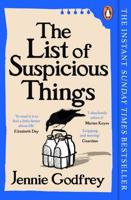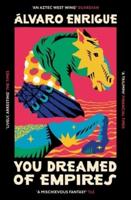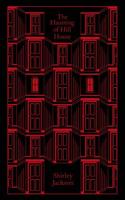Publisher's Synopsis
The previous literary life of this country had left vigorous many old forces in the Victorian time, as in our time. Roman Britain and Mediæval England are still not only alive but lively; for real development is not leaving things behind, as on a road, but drawing life from them, as from a root. Even when we improve we never progress. For progress, the metaphor from the road, implies a man leaving his home behind him: but improvement means a man exalting the towers or extending the gardens of his home. The ancient English literature was like all the several literatures of Christendom, alike in its likeness, alike in its very unlikeness. Like all European cultures, it was European; like all European cultures, it was something more than European. A most marked and unmanageable national temperament is plain in Chaucer and the ballads of Robin Hood; in spite of deep and sometimes disastrous changes of national policy, that note is still unmistakable in Shakespeare, in Johnson and his friends, in Cobbett, in Dickens. It is vain to dream of defining such vivid things; a national soul is as indefinable as a smell, and as unmistakable. I remember a friend who tried impatiently to explain the word "mistletoe" to a German, and cried at last, despairing, "Well, you know holly mistletoe's the opposite!" I do not commend this logical method in the comparison of plants or nations. But if he had said to the Teuton, "Well, you know Germany England's the opposite" the definition, though fallacious, would not have been wholly false. England, like all Christian countries, absorbed valuable elements from the forests and the rude romanticism of the North; but, like all Christian countries, it drank its longest literary draughts from the classic fountains of the ancients: nor was this a matter of the mere "Renaissance."










